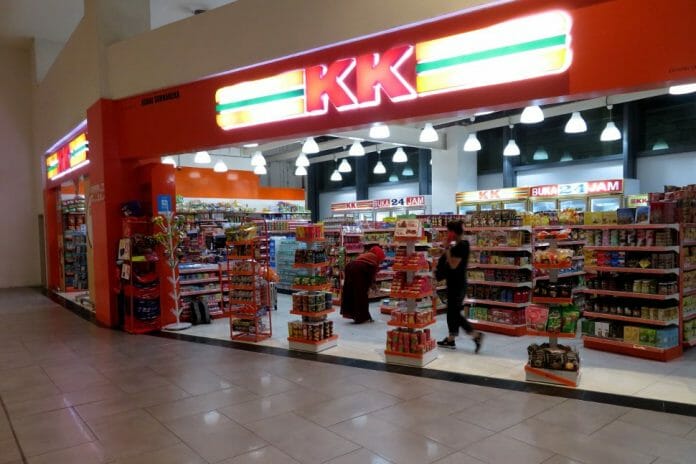Malaysia’s economy has been significantly impacted by the Covid-19 outbreak with real GDP forecast to remain stagnant at 0% growth in 2021, following a 5.6% contraction in 2020. With the Covid-19 cases soaring and setting new highs, local authorities have re-imposed lockdown measures nationwide on June 1 2021 which remains in force, resulting in nonessential businesses shuttering and the unemployment rate creeping up to 4.8% in June 2021 (latest data available), from 4.5% in May 2021 (unemployment averaged 3.3% pre-pandemic).
As a result, Fitch estimates that private consumption contracted by 11.5% q-o-q in Q221 (compared to the five-year average Q2 q-o-q growth rate of 2.4% pre-pandemic) and will contract by 2.0% in 2021. Thus, it believes that the economic environment will continue to put significant pressure on Malaysian households’ disposable income, which will be reflected in their spending levels in H221 and likely spill over to 2022. Although the employment outlook will start to improve beyond 2021, it notes that unemployment in 2022 will remain above 2019 (pre-Covid-19) levels at 3.6%.
Fitch also notes that household disposable incomes will feel the pressure as a consequence of a stagnating economy. This was highlighted that in Q420, 8.8% of workers in Malaysia are paid a basic salary that is below the minimum wage of RM1,200 per (USD285) per month, with fresh graduates receiving lower pay packages in 2020 than in 2019. Considering the current Covid-19 situation in Malaysia, wages for graduates and minimum wage workers will likely remain depressed over 2021 and 2022. This dynamic will force consumers, especially in the lower income brackets, to trade down on price points and focus on staples and essential food and drink categories as an outcome.
Companies operating in Malaysia will therefore have to navigate the challenges the country is facing, taking into
consideration the weakened consumer appetite. A sector that it believes has a navigation tool at its disposal is the mass grocery retailers, with the environment outlined above a driver for demand in discount. It notes that in 2019, Malaysia’s Ministry of Domestic Trade and Consumer Affairs announced an Inisiatif Kedai Ekonomi Pengguna (i-KeeP) initiative, inviting supermarkets to help reduce the burden of consumers in view of the rising cost of living. The strategic partnership ensures affordable groceries for consumers, with discounts offered between 2% to 20% on selected i-KeeP goods for basic controlled items such as sugar, cooking oil, wheat flour and rice.
It believes there will be further partnerships between retailers, cooperatives and small traders to keep prices low as Malaysian households become increasingly price sensitive, with demand for private labels expected to surge for the rest of 2021 and 2022. Below, we highlight retailers that are participating in the i-KeeP initiative and private labels being offered by them.
RETAILERS PARTICIPATING IN THE I-KEEP INITIATIVE
Tunas Manja Group 66 • Fast expanding retail chain store which provides a variety of quality products at competiti
prices. Predominantly located in secondary towns which has an estimated annual revenue of RM1bn. Offers house brand for cooking essentials (edible oil, mineral water, baking material, etc).
KK Super Mart >518 • Offers competitive prices with more than 9000 variety of daily essential products including the KK house brand.
Segi Fresh Supermarkets 50- Vertically integrated supermarket concept store that replicates a wet market inside a modern air-conditioned premise. Offers prices and a variety of house brand items for daily essentials. DMart 190- Distributor of FMCG and a variety of manufactured goods. Offers house brand of chocolates.









